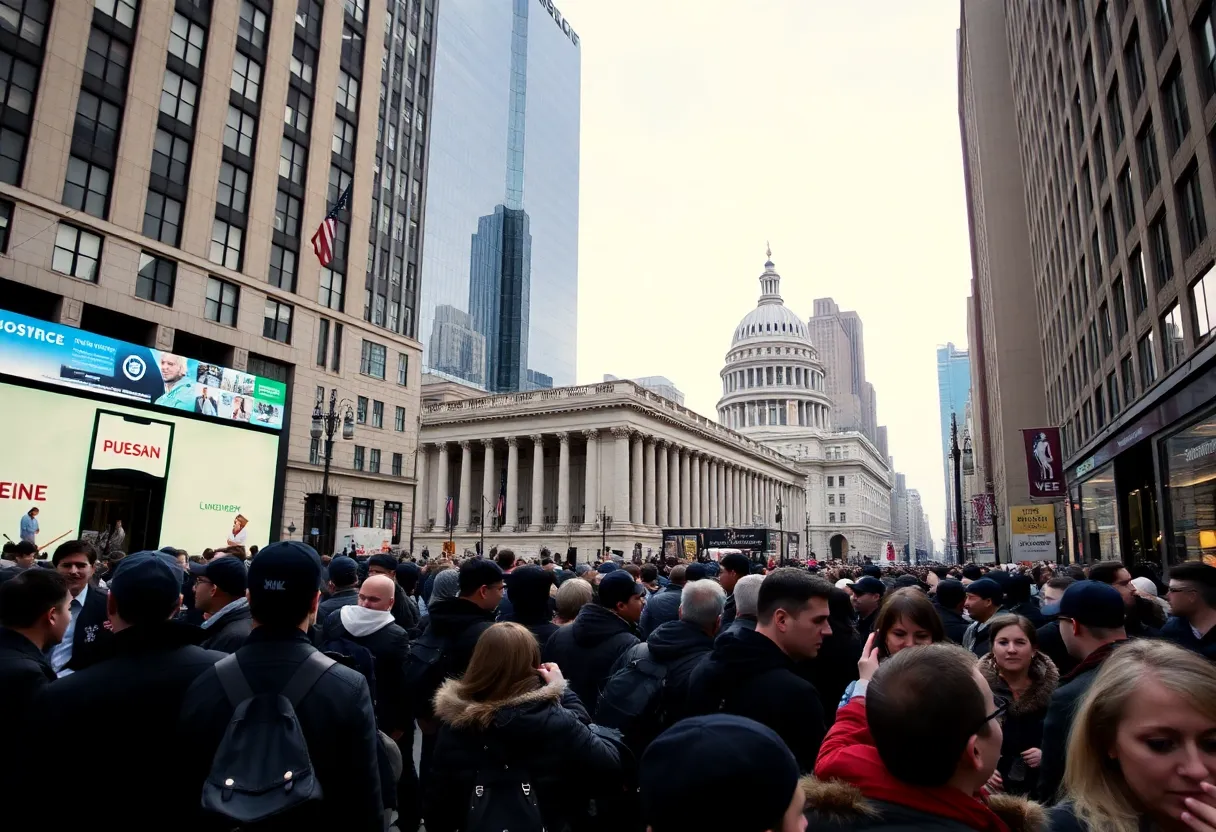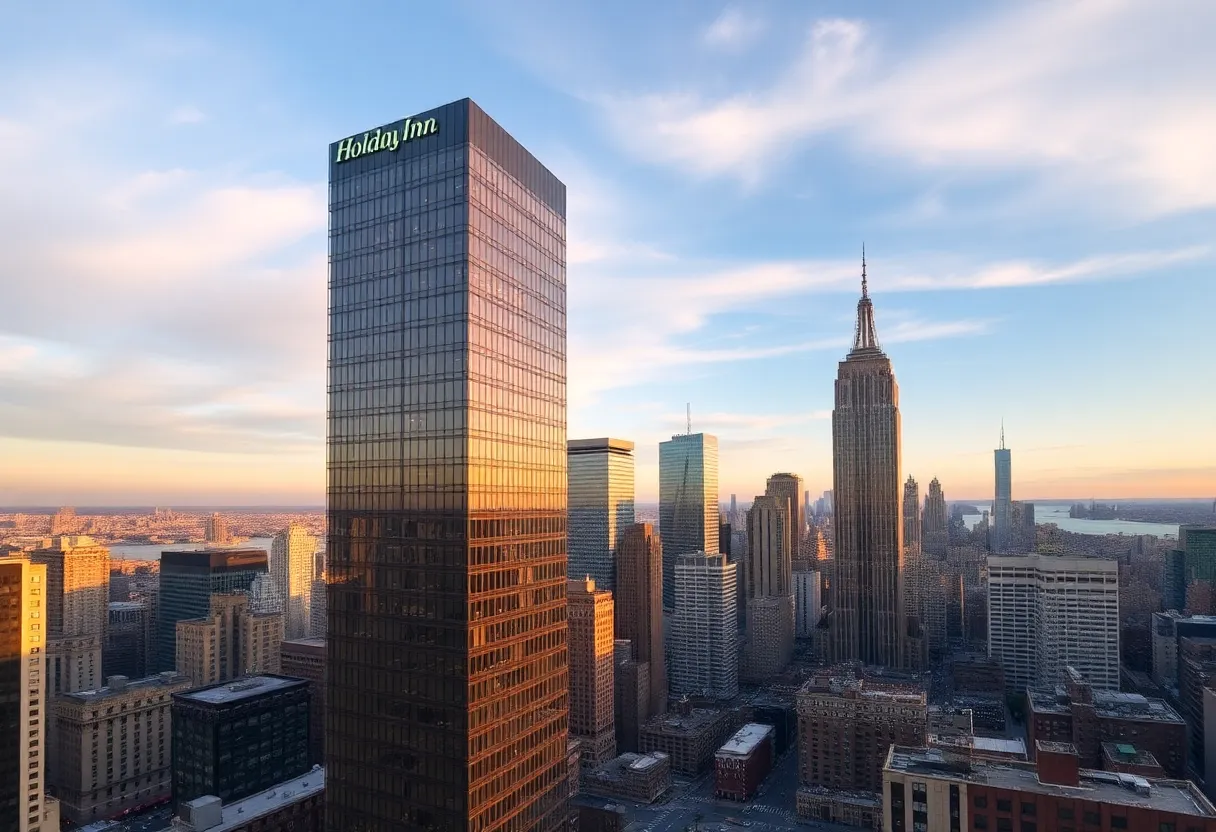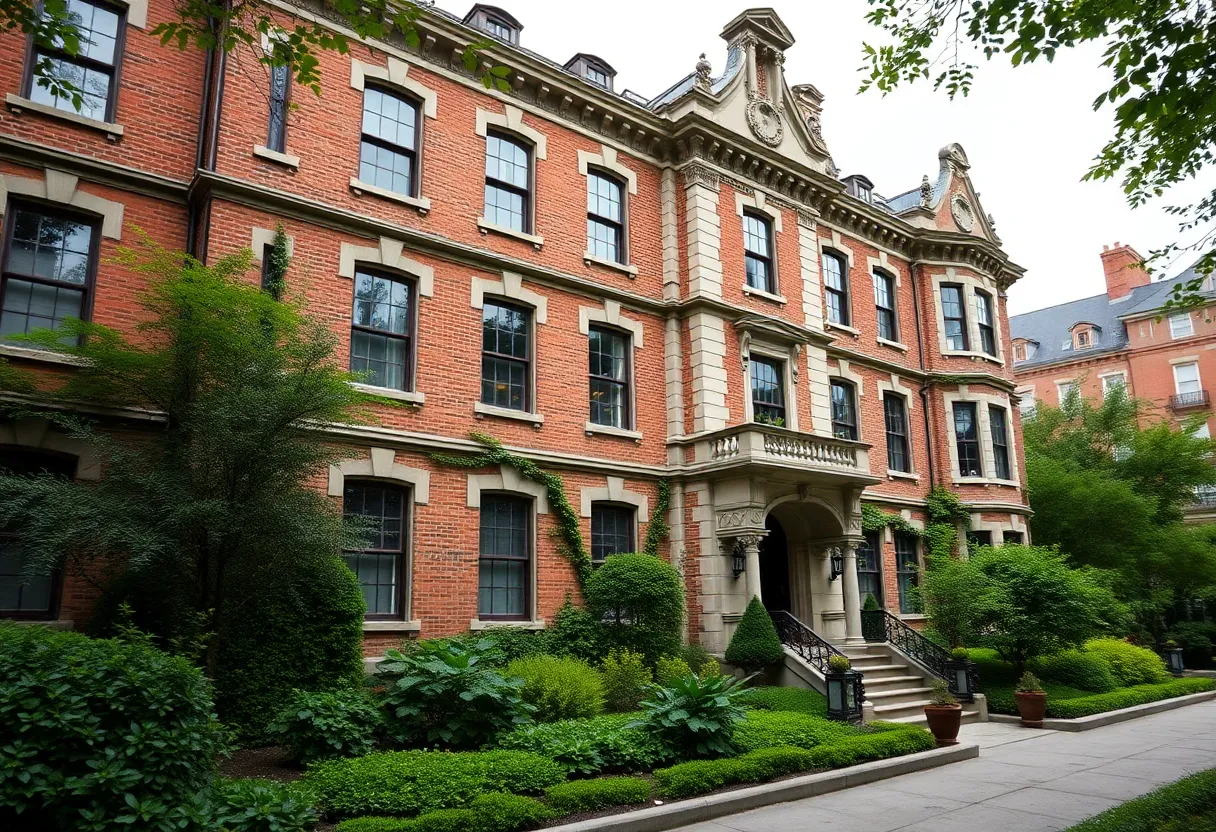News Summary
New York State has reached a final budget totaling $254 billion for the fiscal year, surpassing initial proposals. The delayed approval has spurred criticism. Key focuses include mental health reforms and easing recidivism in the justice system. The budget introduces an inflation rebate check to residents, while hiking taxes on larger businesses. Controversial provisions address campaign financing and education compliance for Orthodox Jewish Yeshivas. Funding for environmental initiatives is included but major programs remain unfunded, creating ongoing debate about the budget’s impact across the state.
New York State has finalized its budget for the fiscal year, reaching a significant total of $254 billion. This amount exceeds initial proposals put forth by Governor Kathy Hochul and has been a point of contention, as the budget was delayed past its April 1 deadline. The delay has drawn criticism from lawmakers who expected timely approval.
A key aspect of the budget focuses on addressing the ongoing mental health crisis in New York City as well as recidivism issues within the criminal justice system. The governor has highlighted the need for reforms to state discovery laws, aiming to streamline the process in order to avoid the dismissal of criminal cases caused by technicalities. The approved changes will limit the evidence that prosecutors are required to share with defense attorneys, thereby reducing the chances of dismissals due to minor errors.
Another pivotal reform in the budget expands the criteria for involuntary commitment, permitting forced psychiatric care for individuals suffering from severe mental illness. This move is a direct response to increasing violence incidents in New York City, including crimes occurring in the subway system and random acts of aggression.
The budget also incorporates several controversial provisions. These include self-serving deals that could benefit lawmakers, alongside adjustments to the public campaign financing system. Additionally, provisions relevant to Orthodox Jewish Yeshivas have been included, aiming to ease compliance with public school education standards.
Despite the budgetary gains, New York City is set to face an additional $68 billion obligation tied to the capital plan of the Metropolitan Transportation Authority. This funding requirement will be supported through tax implications primarily affecting larger businesses within the city.
In a notable addition, a new class of crime has been established relating to the act of wearing masks while committing crimes. This move comes in light of public safety concerns and aims to combat an increase in such unlawful activities.
To address the rising cost of living, the budget introduces an inflation rebate check for most state residents, with amounts ranging from $150 to $400. Personal income tax rates will remain unchanged; however, taxes on larger businesses in New York City will experience an increase. Meanwhile, middle-income households can anticipate minor tax cuts, and funding for child tax credits for families with children under four will increase, potentially providing up to $1,000 per child.
The budget allocates a noteworthy $8 billion from reserves to help cover unemployment insurance debt arising from pandemic-related claims. Significant support for social services is maintained, ensuring these programs will not face severe cuts despite ongoing uncertainties at the federal level.
In addition, the budget designates $350 million for child care assistance, contingent on New York City matching that amount. School districts are now tasked with implementing cellphone bans while allowing exceptions for medical and educational needs. However, funding for housing programs and initiatives to support first-time home buyers has been excluded from this budget cycle. Nevertheless, $71.4 million has been allocated for New York’s longstanding supportive housing program.
Environmental funding totaling $1 billion will support various climate action initiatives aimed at pollution reduction and upgrades to power grid infrastructure. Some anticipated programs, such as the NY HEAT Act that seeks to transition homes off fossil fuels, have been left out of the budget for the third consecutive year. Additionally, there is no new funding to expand the Energy Affordability Program, despite proposals from state legislators addressing this urgent concern.
While the budget does address some education funding issues, it does not reflect a substantial increase compared to the previous year. Stakeholders will be closely observing the impacts of these budgetary decisions as they unfold across the state.
Deeper Dive: News & Info About This Topic
- NY Focus: New York 2025 Budget Funding Guide
- New York Times: Hochul’s Budget Deal
- CNY Central: Governor Hochul’s Budget Overview
- ABC7: Hochul Announces $254 Billion Budget Deal
- City & State: Governor Kathy Hochul Announces Budget Deal
- Google Search: New York State Budget 2025








